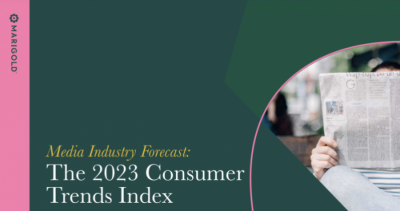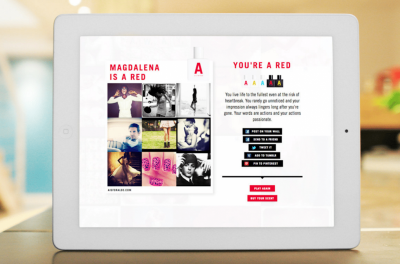Personalization
Why Personalization Is Especially Important in the Beauty & Cosmetics Industry
October 19, 2020
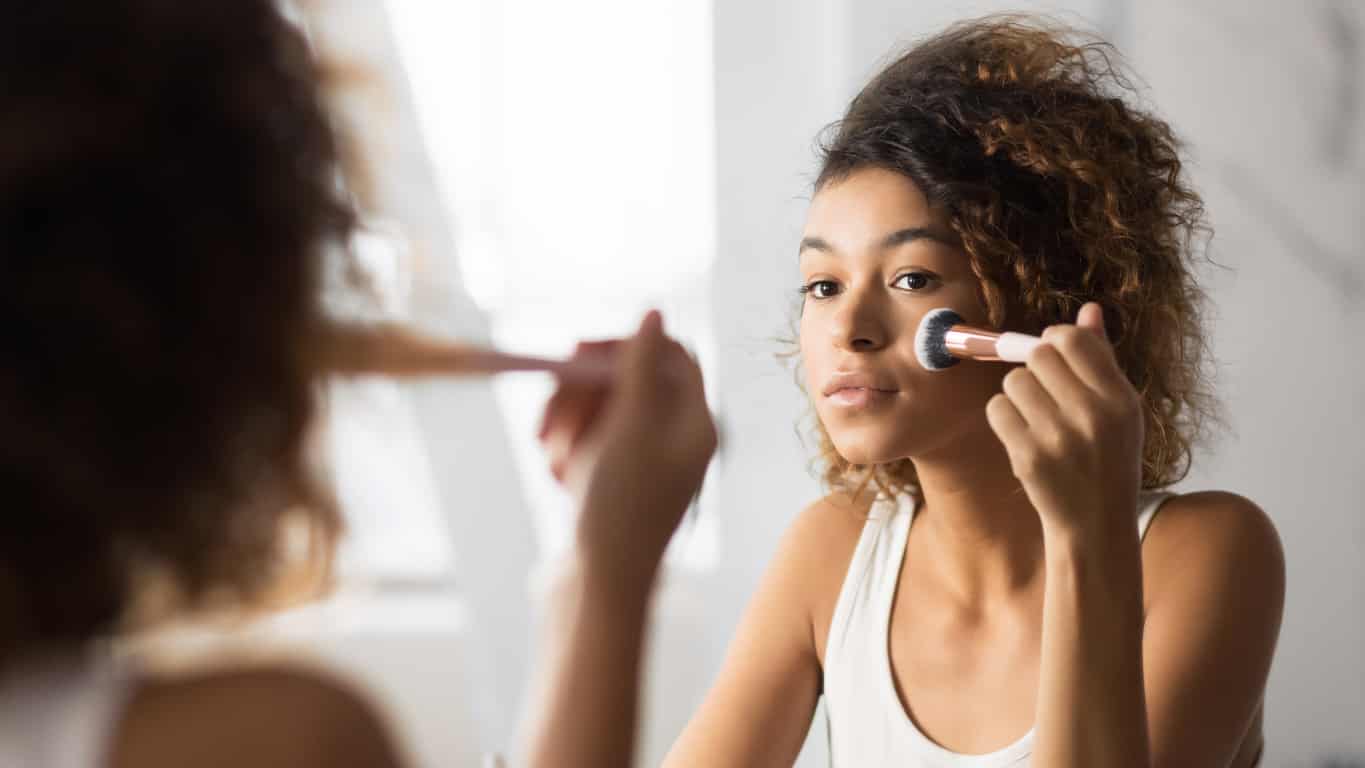
A search for foundation on Sephora.com brings up more than 550 products. It may sound excessive at first, but there are a lot of factors to consider before you decide on any beauty product. Is your skin sensitive? Dry or oily? Fair or dark?
Maybe 550 different kinds isn’t even enough.
The point is, cosmetics are inherently personal because no two faces are the same. Which means the beauty industry has to really embrace personalization.
Differentiating with Diverse and Personalized Products
Diverse product lines have become a differentiator for beauty brands. L’Oréal patented color technology to match individual consumers’ skin tones and textures with 33 different shades of products. When Rihanna launched Fenty Beauty in 2017, her makeup line was widely praised for its inclusivity, with 40 different shades of foundation.
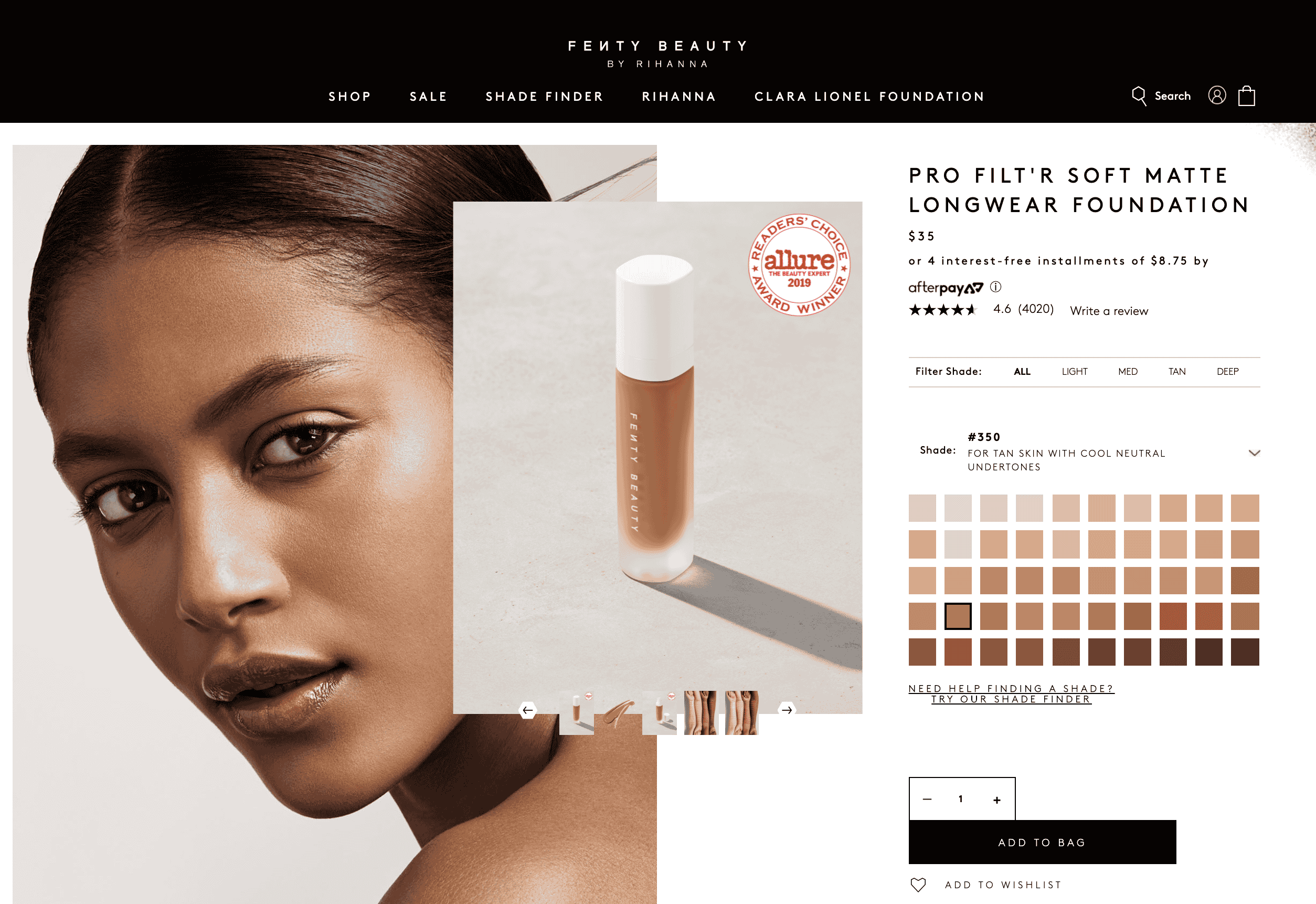
That presents another problem for consumers. Which shade is their shade? To the naked eye, many of these colors are interchangeable. How do you know if your skin tone has warm or neutral undertones?
In 2004, psychologist Barry Schwartz wrote The Paradox of Choice about the sense of paralysis consumers feel when faced with too many options. If someone has too many choices, they’re less likely to choose anything — or be happy with their selection. Just like Netflix has taken that feeling out of the equation with its hyper-personalized recommendation engine (which saves the company $1 billion a year) beauty brands have figured out how to use personalization technology to make their customers’ lives easier. For example, CoverGirl and Estée Lauder do so with facial recognition, analyzing people’s skin in order to match them with the right products.
How Sephora Stands Out
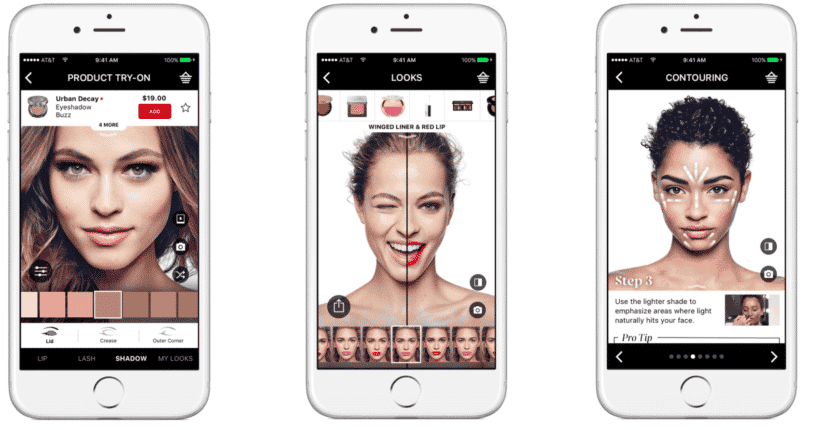
In Marigold Engage by Sailthru’s annual Personalization Index, we rank more than 250 retailers based various customer experience and personalization capabilities. Sephora was the clear winner all three years, thanks to its relevant product recommendations and smart cross-channel strategies. Last year, Ulta took fifth place, proving the importance of personalization in this category.
Sephora’s loyalty program, regarded as one of the best ones around, fuels engagement with tiers and relevant, personalized product recommendations. Within Sephora’s app, Visual Artist, a feature that combines facial recognition and augmented reality, allows consumers to “try on” different products. Skin tones have many subtle variations; so do cosmetics. And those differences don’t necessarily translate the way you think they will.
For example, Stormy Pink and Sky Pink are two shades of lipstick that look nearly identical on Revlon’s website. But don’t they look totally different (and distinguishable from one another) on the model?
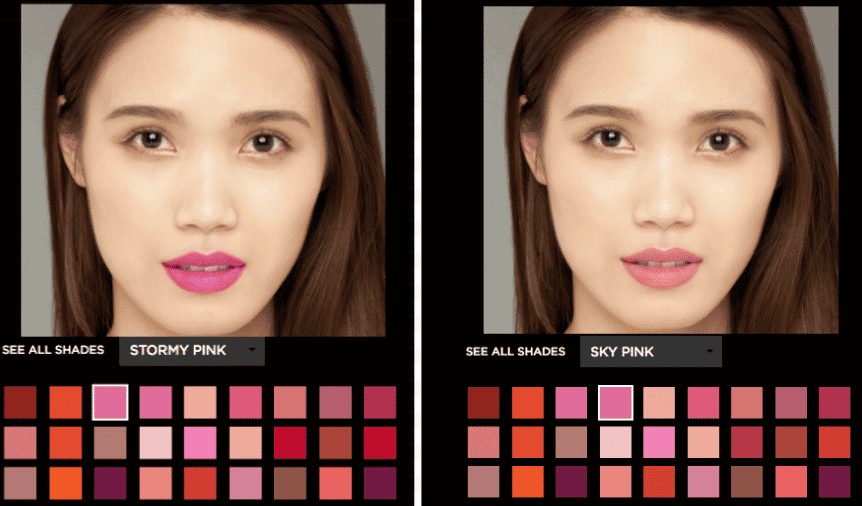
Still, that model may not look anything like you, which Sephora’s Visual Artist has taken into consideration. Consumers can see what different products look like on their own faces. Visual Artist suggests the best shades for each person, factoring in hair and eye color as well.
Sephora is also known for creating personalized experiences with the use of its innovative chatbot. It provides product and beauty advice, and almost serves as a digital sales associate. However, the recommendations aren’t aggressive enough to make it seem like one. Is it any wonder that Sephora continues to record strong growth in profits and revenue for its parent company LVMH?
The Pluses of Personalization
It’s no secret that consumers crave personalized experiences. Simply putting someone’s name in a subject line increases the odds they’ll open the email by more than 20%. According to Forrester, 77% of consumers have chosen, recommended, or paid more for a brand that provides a personalized service or experience.
This is especially crucial in the beauty space, where every product is inherently personal and designed to look different on everyone. Brands are even increasingly personalizing not just shopping experiences and recommendations, but products.
At the Consumer Electronics Show in Las Vegas earlier this year, L’Oréal and Procter & Gamble debuted at-home devices that create custom cosmetics on demand. Similarly, Japanese beauty retailer Shiseido developed a system that can determine someone’s skin texture, pores and moisture content with a simple photo, even taking into consideration variables such as temperature, humidity and menstrual cycle. From there, an IoT-enabled machine dispenses the correct serum and moisturizer combination.
Plus, personalization results in more revenue. Imagine what that can mean for the beauty industry, which is already a moneymaker. SkinStore found that the average American woman will spend $300,000 on makeup throughout her life. To put that amount into perspective: The median home value in Austin, Texas, is $299,000.
Learn about Marigold Engage by Sailthru’s Personalized Marketing Solutions and how they can help you create the best possible experience for your customers.
The State of Brand Loyalty in the U.S. in 2023
Related

